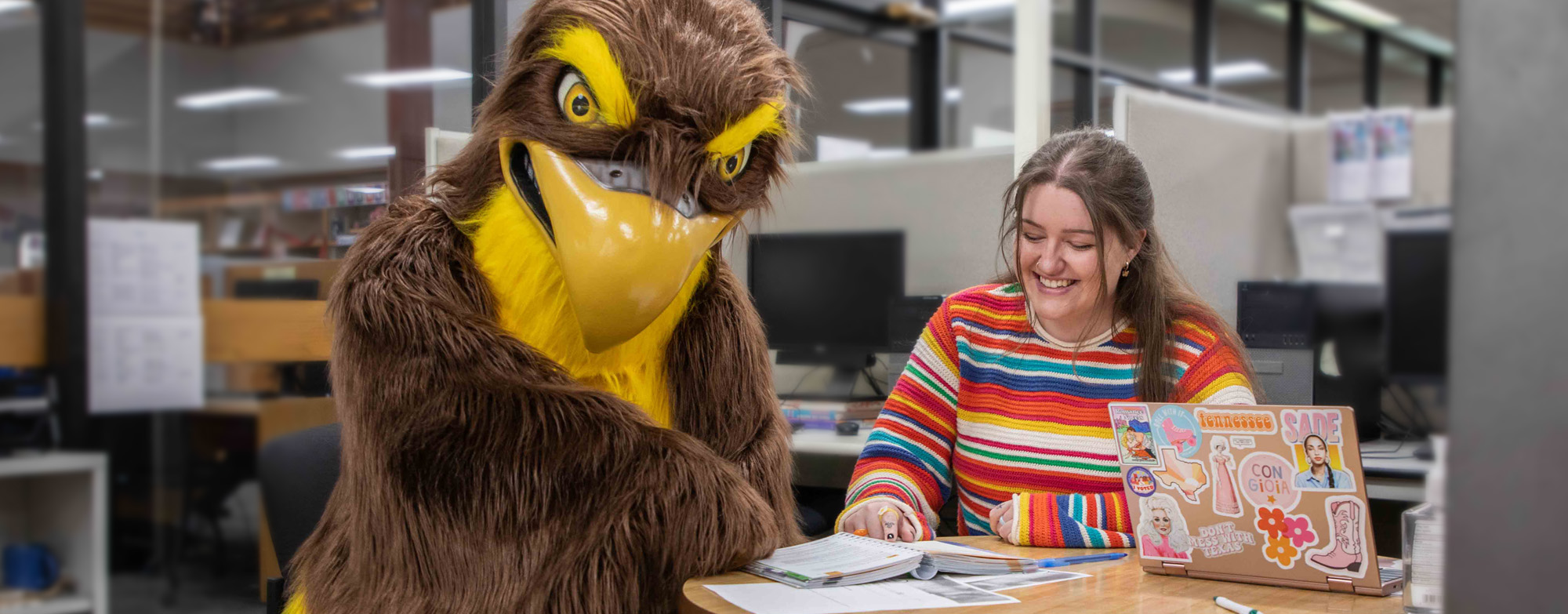Disability & Accessibility Information
Disability impacts all of us. Did you know that, according to the CDC, 26% of adults in the United States have some type of disability? Statistically speaking, most people will be affected by disability at some point in their lives, even if only temporary.
Consider the many forms that disability can take:
- Do you wear eyeglasses or contacts?
- Do you have problems concentrating or remembering things?
- Do you struggle with chronic pain, allergies, or frequent illness?
You may not realize it, but all of these conditions could be considered disabilities.
Disabilities affect how we are able to navigate the world around us, to varying degrees. They can affect where we can go, what we can do, and in some cases how we are able to learn or what we may need to succeed academically.
Nobody should be denied access to education because of a disability. Therefore, we
all have an obligation to ensure that the education and services we provide at Nashville
State are accessible to everyone.
What is accessibility?
Accessibility is exactly what it sounds like – it is a framework for providing access to the greatest
number of people possible, including people with disabilities who may face barriers
to access otherwise.
By definition, accessibility is:
- Inclusive. Accessibly designed facilities or resources are created to meet the needs of people of all abilities, especially those who might be otherwise excluded from using them.
- Proactive. Accessibility is about removing common barriers before people experience them. At Nashville State, all web pages, instructional materials, and physical facilities should be designed to remove potential barriers to access before students experience them.
- Legal. Americans with Disabilities Act (ADA) mandates that individuals with disabilities have a right to an accessible education.
What are accommodations?
The Nashville State Access Center helps provide specific academic accommodations to individual students with disabilities, to be in accordance with the Americans with Disabilities Act and the Rehabilitation Act of 1973.
Accommodations are specific academic adjustments or auxiliary aids that provide students with disabilities equal access to educational programs and services.
Unlike accessibility, which is a general framework applied to everyone, accommodations are:
- Individual, or designed with an individual student in mind, and
- Reactive. Accommodations are intended to remove barriers to educational access after a student has identified them and requested specific changes be made.
A few examples of accommodations might include:
- Extended time on tests
- Taking an exam in a minimal distraction area
- Recording a lecture
What is the difference?
Here is a useful way to remember the difference between accommodations and accessibility: "Accommodations are for a specific student. Accessibility is for everyone."
Accessibility Support at Nashville State
The Access Center provides a support system for students who have educational, psychological, and/or physical disabilities who may be eligible for accommodations that provide equal access to educational programs and activities while at Nashville State. These students must contact the Access Center to discuss individual needs. The student must provide documentation of the disability so that reasonable accommodations can be requested in a timely manner. A minimum of two weeks is usually required to arrange classroom accommodations but please notify a representative at the beginning of the semester if possible. All students are expected to fulfill essential course requirements in a class, with or without reasonable accommodations.
The Office of Online Learning (OOL) is committed to supporting online education at Nashville State Community College for all faculty, staff, and students interested in utilizing NS Online/D2L and supported technologies for online learning to promote collaborative, interactive, and creative learning experiences for all users. Utilizing Universal Design strategies to generate authentic learning experiences for our online learners, OOL works with faculty to develop quality online content applying foundational pedagogical theories, innovative technology, and sound instructional design principles. Our goal is to build a supportive campus network to meet the needs of our online faculty members and improve our online student learning experiences.
- Getting Started with YuJa Panorama for Students in D2L Brightspace
- Customize Your Viewing Experience in D2L
How do Nashville State students apply for accommodations?
The Nashville State Access Center is responsible for documenting and recommending accommodations for students with disabilities. The Access Center has an accommodation process with forms and information. To find more information about accommodations, or to begin the accommodations process, please visit the Access Center page. You may also call 615-353-3363 or email accesscenter@nscc.edu.

